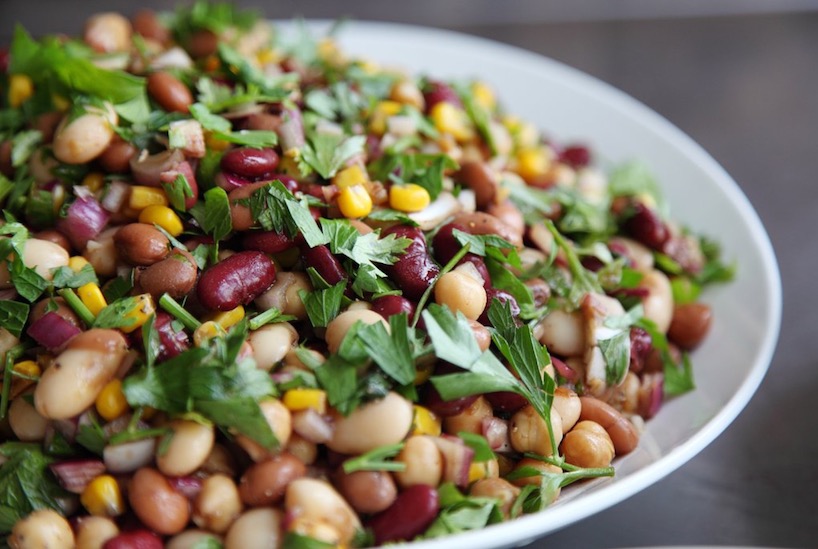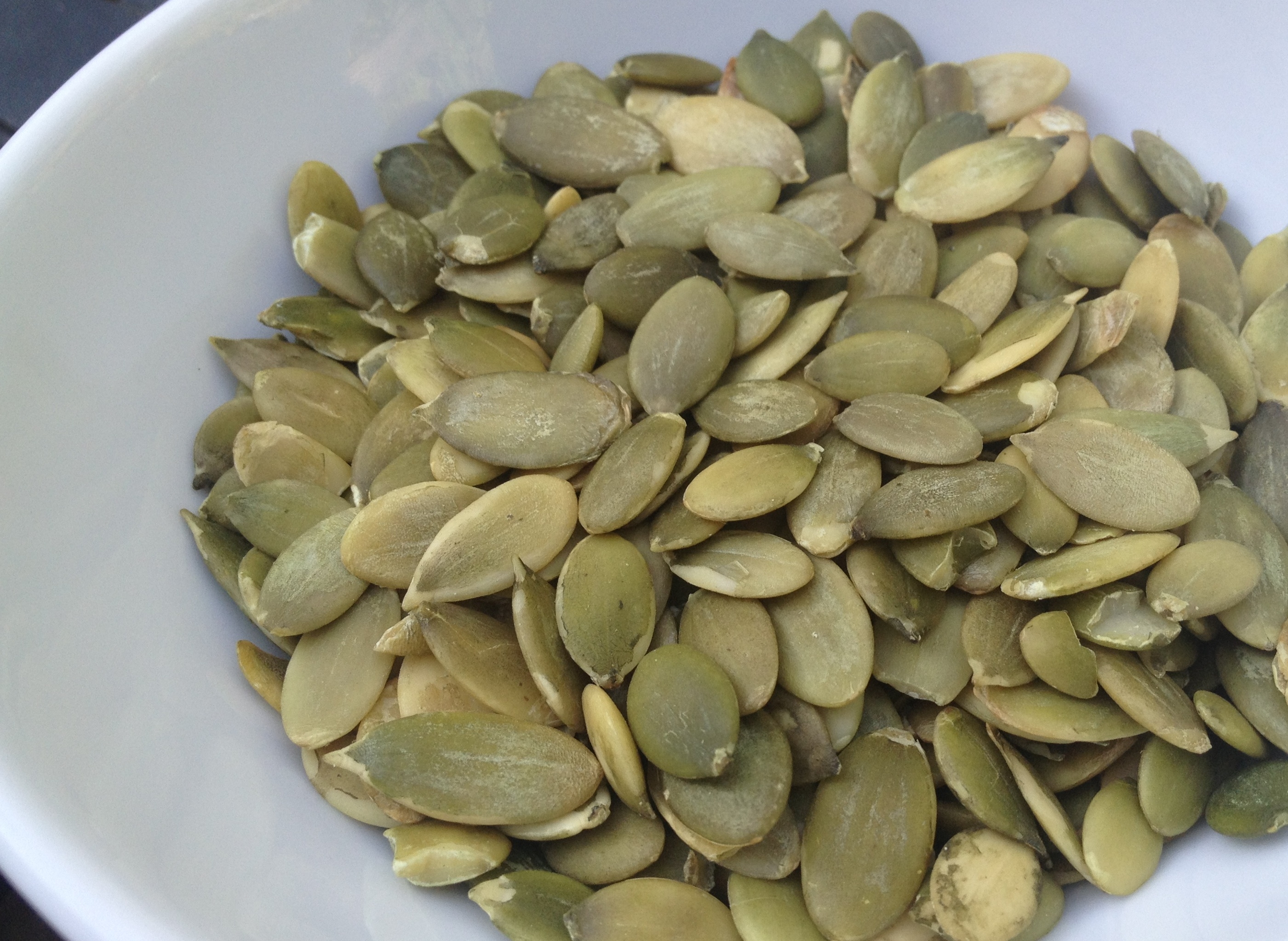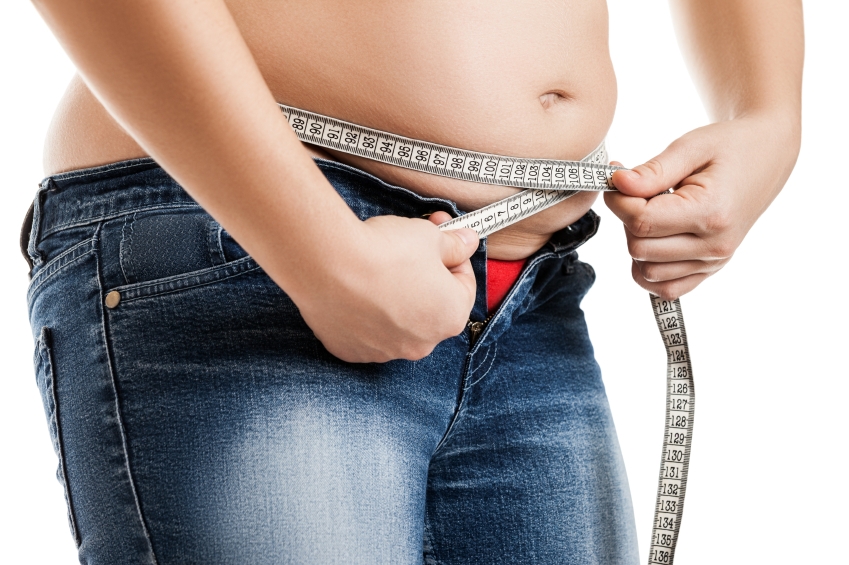As an option of last resort for individuals who are extremely overweight or obese, bariatric surgeries have become increasingly popular these days. While this is due in part to the relatively safe and minimally invasive nature of today’s procedures, it’s more largely due to the fact that, as obesity rates continue to rise, there’s an increasingly larger pool of candidates who fit the patient profile.
In case you aren’t already familiar with the concept, bariatric surgery essentially refers to any surgical procedure in which structural changes are made to the stomach or intestines to induce weight loss. By reducing the overall capacity of the stomach and/or disrupting the digestive process, bariatric procedures physically restrict the amount of food a person can consume in a single sitting, thereby aiding in rapid weight loss.
But, bariatric surgery should definitely be treated as a second chance and not a crutch. Though effective, nowadays, weight regain is quite a common occurrence.
Related Article: Understanding the Process of Weight Management
That being said, if you’re considering bariatric surgery or if you’ve already undergone a procedure, I can’t stress enough the importance of developing long-term behavioral strategies that include healthier eating and regular exercise. Here are some specific strategies that’ll ensure lasting weight loss success with bariatric surgery.
Eat Protein at Every Meal
Protein is one of the most important nutrients for weight loss and long-term weight control, as regular intake supports a healthy metabolism, fuels the fat-burning process, and helps preserve the structural integrity and function of muscle. Since dramatic muscle loss is one of the most common side effects of bariatric surgery, adequate protein intake is especially important for post-surgical nutrition.
To promote muscle maintenance following surgery, it’s best to consume at least 60-80 grams of protein in small portions spread out evenly over the course of the day. Great food sources include fish and seafood, poultry, lean meats, eggs, low-fat dairy foods, and plant-based proteins like whole soy and legumes. In addition to their nutritional value, these foods have natural appetite-suppressing effects which’ll help you eat less.
Related Article: The Important Role of Protein During Dieting
Adopt a Weight Training Program
The more muscle you have, the higher your metabolic rate, which essentially means you’ll burn more calories and lose more weight. Loading muscle is the only true way to effectively maintain muscle and this can only come with weight training. Given the already increased likelihood of muscle loss that comes with bariatric surgery, the importance of weight training should be obvious. Even when your daily protein intake is adequate, if you don’t use muscle, you’ll lose it.
Weight training is also beneficial for reducing excess body flab and minimizing the appearance of loose skin that generally accompanies rapid and dramatic weight loss. To Simply start with one or multiple sets of 8-15 repetitions of at least 8-12 different exercises targeting all your major muscle groups. For resistance, you can use free weights, machines, rubber tubing or even your own body weight.
Related Article: 5 Reasons Why Resistance Training Is Necessary for Weight Loss
Eat Moderate Amounts of ‘Good’ Fats and Carbs
For long-term weight control, high-quality fats and carbohydrates should be incorporated into protein-rich meals whenever possible. Eating fat prevents excess fat accumulation and stimulates the burning of stored fat. Good carbs contain large amounts of dietary fiber, vitamins and minerals, which is especially important for people who’ve undergone bariatric surgery, as there’s an increased risk of nutrient deficiencies.
Good carbs include vegetables, fruits, legumes (beans and peas), and whole grains while healthy fats are housed in olive oil, avocado, nuts, seeds, and oily fish (salmon, tuna, and trout). All you need is 2-3 daily servings of fat to reap its fat-burning benefits. When it comes to carbs, shoot for at least 3-4 servings of veggies and fruits and consume any others in moderation, as they can quickly fill up the stomach to its capacity.
Related Article: A Simple Guide to Eating Sensibly
Avoid Empty-Calorie Foods at All Costs
After any type of bariatric surgery, the stomach is only a fraction of its original size so there’s just not enough room to fill it with nutrient-devoid, empty-calorie foods. In case you aren’t familiar with the term “empty-calorie foods”, this basically refers to any and all foods and beverages that are highly processed, rich in unhealthy fats, and loaded with added sugars, salt, and other preservatives.
The long list of empty-calorie foods includes candies, pastries, desserts, sugary cereals, processed meats, junk foods, soft drinks, and alcohol. Many foods masked as ‘healthy’ are also ’empty’ including pretzels, baked chips, fruit juice and flavored waters, low-fat ice cream, fat-free salad dressings, and any “100-calorie” snack packs. As these foods tend to drive food cravings and promote weight gain, it’s better to just avoid them.
Related Article: How Malnutrition Drives Food Cravings and Fuels Obesity
Maintain Adequate Hydration Throughout the Day
Regular fluid consumption throughout the day is extremely important for maintaining adequate hydration after bariatric surgery. Although water is the perfect hydrating beverage, all liquids actually count towards your daily fluid intake. In addition to water, drinking high-quality liquid-based protein supplements, skim milk, herbal teas and other sugar-free, noncarbonated and decaffeinated beverages is most ideal.
Make an all-out effort to drink a minimum of 6-8 cups of fluid each day. To reduce the likelihood of filling up on fluids, it is best not to consume any beverages with meals. You should also drink any and all fluids slowly from a glass without using a straw, as drinking liquids with a straw increases the chance of air entering the stomach.
Related Article: Why Water is More Important Than Food
Perform Cardio Exercise Regularly and Indefinitely
To achieve lasting weight loss with bariatric surgery and, moreover, maintain overall good health, it’s important to incorporate cardiovascular (cardio) exercise into your routine. At the very least, you should perform activities like walking or jogging, stair climbing, swimming, cycling and/or group exercise on most days of the week.
Now, you might think that more is better for successful weight loss. Not true!
It’s actually better to limit cardio exercise to no more than 45-60 minutes per day and then complement your exercise efforts with spontaneous physical activity. Believe it or not, performing excessive amounts of cardio after surgery (and during weight loss) can actually amplify muscle loss.
Related Article: Eliminating Cardio Exercise for Weight Loss?
Include Dietary Supplements Under Physician Supervision
Due to bariatric surgery-related changes in the digestive tract, there are several micronutrients the body may no longer be able to effectively absorb. These include calcium, iron, and certain B-vitamins. Since the limited capacity of the stomach simply won’t allow an increased intake of such micronutrients through food, long-term supplementation may be required under direct supervision of a physician.
Related Article: Supplements Are No Substitute for Good Nutrition
And, there you have it! Effective strategies that’ll ensure lasting weight loss success with bariatric surgery.
As an exercise scientist, nutritionist, and advanced trainer with expertise in obesity, I certainly understand that people who are obese may already be burdened with a laundry list of physical limitations and health problems (reduced muscle strength, low cardiovascular endurance, sleep apnea, heart disease, diabetes, high blood pressure, and thyroid disorders) that can adversely influence their ability to lose weight.
For many, bariatric surgery may be the only plausible solution, which is why I decided to share this information. Even if you opt not to have surgery, following these strategies will help you lose weight. So, get started today and experience some real success.







